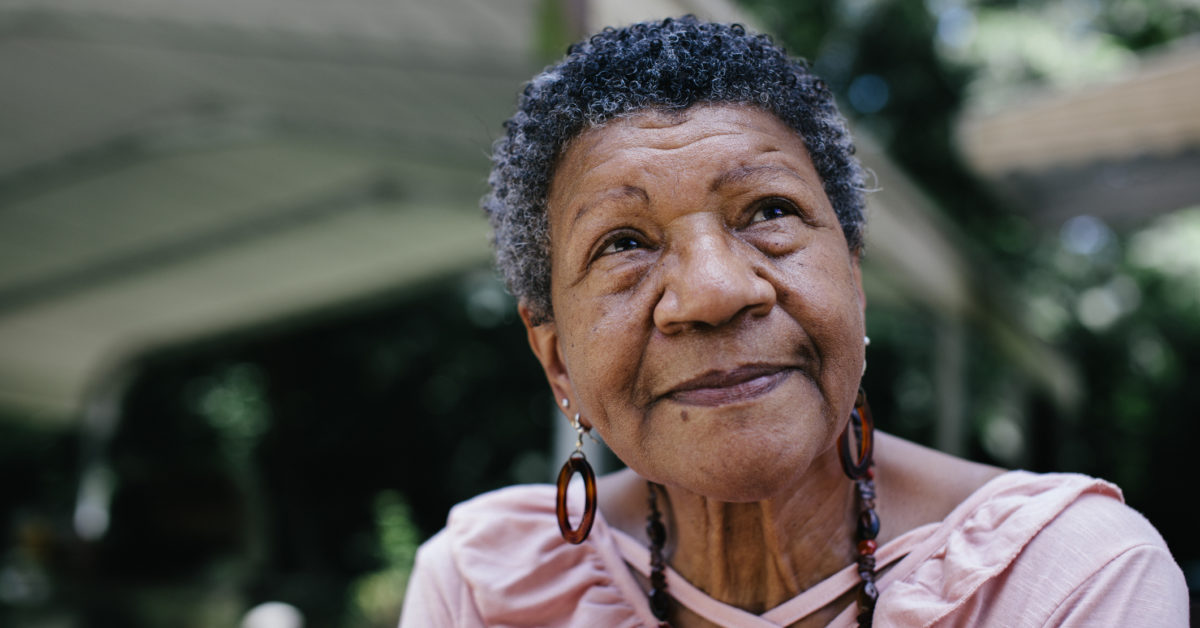A poll of 2,000 people aged 50–80 years reveals their positive views of aging and the negative effects linked to ageism.

Around two-thirds of people over the age of 50 say that life as an older person is better than they thought it would be, according to a new national poll. The survey was undertaken before the COVID-19 pandemic by researchers at the University of Michigan’s Institute for Healthcare Policy and Innovation.
The poll of 2,000 adults 50 to 80 years in age finds that 65% of respondents hold a more positive view of aging than they expected to.
The poll also looked at experiences of ageism, in which 82% of those questioned reported encountering.
The survey found that 67% of respondents report that their feelings about aging have become more positive as they have aged.
88% of those questioned feel more comfortable being themselves now they are older, and 80% feel a strong sense of purpose.
Four questions in the survey captured respondents’ views on aging. People who gave positive answers to all four were more likely to report being in excellent or very good physical health than those with fewer positive views (55% versus 30%). In this same group, 84% reported their mental health as excellent or very good.
It also turned out that these people experienced ageism less frequently than others.
The study defines ageism this way:
“Ageism refers to discrimination, prejudice, and stereotyping based on age.”
The researchers further break down ageism into three types:
- Ageist messages: Insulting comments and assumptions.
- Ageism in interpersonal interactions: Presumptions of diminished capabilities in older individuals.
- Internalized ageism: Older people’s undervaluing of themselves.
The poll presented respondents with nine different types of ageism, and asked them to identify those they had personally encountered. Overall, 40% reported experiencing three or more of these forms of ageism. Broken down, this group included:
- 49% of people aged

